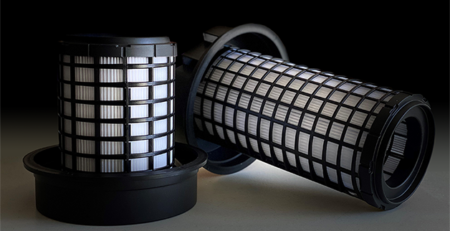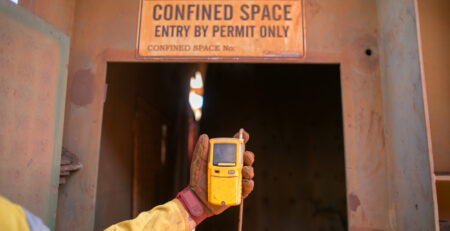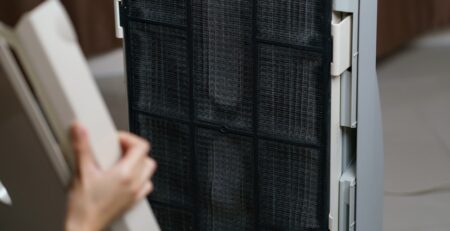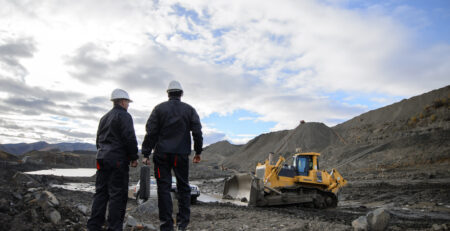How A Glycol To Air Heat Exchanger Works As A Mobile Heating Solution
Heat exchangers help heavy-duty equipment, on-highway trucks, and buildings continue running in the most frigid of winter conditions. They are meant to protect and preserve the heating and cooling system by allowing heat to pass from one fluid to another without mixing together.
At Polar Mobility in Calgary, we provide mobile heating solutions, including glycol to air heat exchangers. This article talks about when a glycol to air heat exchanger is ideal over other heat exchangers and why it’s important.
How a glycol to air heat exchangers works
Glycol to air heat exchangers works similar to fuel and fluid heat exchangers. The heat from one fluid is transferred to a second fluid without direct contact with each other. The difference is that glycol is used in place of water for certain applications where the liquid can freeze, such as:
- Snow and ice melting systems
- Solar water heating systems
- Ground source heat pumps
- Chilled water-cooling systems
- Hydronic systems
All of the above applications need pipe burst protection, whether it’s because they run outside or underground where the risk of freezing is higher. Although water is the most efficient liquid for heat exchangers, it freezes, which is why glycol because of its anti-freeze property.
The benefits of using glycol to air heat exchangers
Aside from pipe burst protection, the use of glycol to transfer heat:
- Eliminates corrosion and reduces maintenance costs when it is formulated with additives.
- Eliminates the need for flow filtration because glycol systems are dirt-free and closed in. This leads to further cost savings on filter maintenance.
- Protects HVAC systems from freezing
Is a glycol to air heat exchanger right for you?
Although there are many benefits of using glycol to air heat exchangers and the anti-freeze property is valuable, this doesn’t mean that this type of heat exchanger should always be used.
Glycol has a higher viscosity than water, and if used incorrectly can cause damage to your equipment. On the other hand, although some lighter applications only need pipe burst protection as an added safety measure, glycol to air heat exchangers are still necessary.
The right heat exchanger product depends on several factors, including your specific application, the type of equipment, location, activity level, budget, the conditions of your worksite, and much more.
Browse our Glycol Heat Exchangers catalog or give us a call for a custom mobile heating solution.













